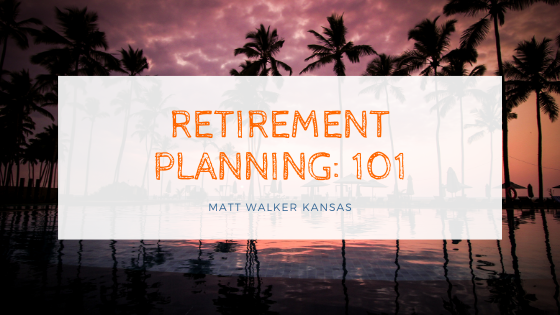Retirement has a way of sneaking up on people. Many Americans fall well short of the recommended retirement savings. One reason for this shortfall is the propensity of Americans to think they can wait to start saving. However, that view couldn’t be further from the truth.
Understand Time Horizons
Future retirees need to think about their age now and the age they hope to retire. Those who have a long time between these two dates will likely have to take less dramatic steps to achieve a financially successful retirement. Those who have a couple of decades until retirement might expect to see a couple of major market downturns that could provide opportunities to buy shares when their value is depressed. Time and compounding are two big factors that can benefit younger workers. While it’s important to think about current retirement savings rates, it’s also important to consider inflation. Rising costs can erode a little bit of even a large nest egg each year.
Assess Spending Needs
Each household’s budget will differ, but it’s important to get a handle on expenses when planning for retirement. Those who spend less should be able to get by on a lower level of retirement savings. A future retiree will want to estimate how much she’ll need in a normal year of retirement and then estimate how long she thinks she might need to live on her nest egg. This should give a pretty good estimate as to how much she might need to save to retire comfortably.
Calculate Investment Returns
It’s important to remember that tax rates can tend to go down for retirees. For example, it’s no longer necessary to pay Social Security taxes. Additionally, retirees who live partially on qualified withdrawals from Roth IRA accounts will owe no income taxes on those withdrawals. Retirees who harvest dividends or capital gains to pay for their living expenses also receive favorable tax treatment. Taking your potential after-tax returns into account is a key to understanding how much money is necessary for retirement.
Planning for retirement is an important step toward securing a successful retirement. Those who start early can benefit from the power of time and compounding. However, those who start late may need to make more severe cuts to their lifestyles to save enough for a comfortable retirement.

